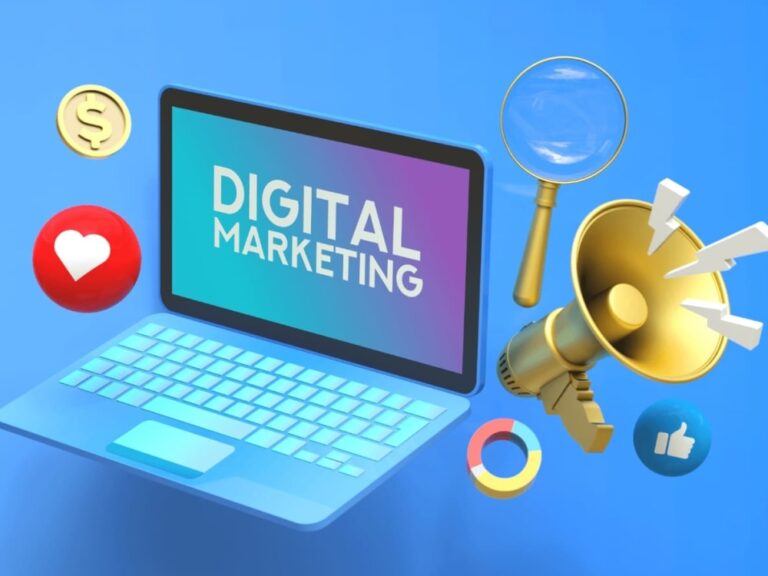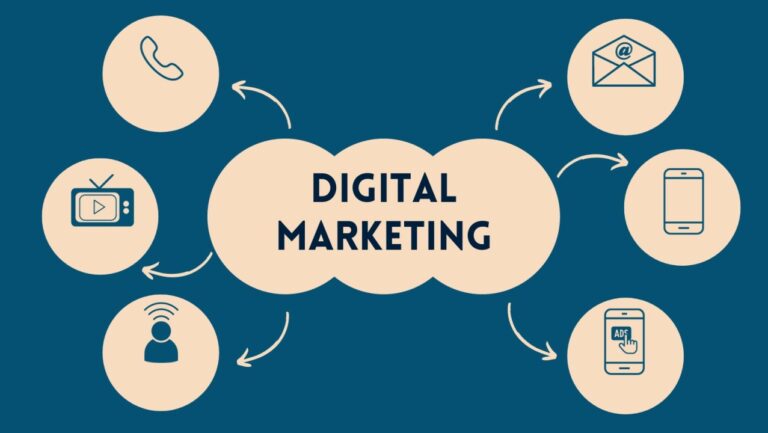What Is SEO?

Source: Image by freepik
A website alone will not bring traffic to your website. You need SEO. Imagine this: You’ve just opened a beautiful store on a quiet street with no foot traffic. No matter how amazing your products are, without customers finding you, your business can’t thrive.
The same principle applies to your website. If you don’t use SEO, it becomes difficult for people to find your site, and you need people to find your site so they can take the necessary actions, such as making purchases.
SEO helps search engines to understand your content. Yet, at the same time, it ensures that web users can find your site.
Keep reading to learn what SEO is and why you need it.
What Is SEO and Why Is It Important?
SEO efforts can ensure that websites have high organic traffic. And 49% of marketers believe that organic search can bring about the best ROI of any marketing channel. In fact, 53% of all website traffic comes from organic search.
So, what is SEO optimization, and why is it important for your business to thrive?
SEO stands for Search Engine Optimization. It’s a digital marketing practice that enables websites to rank on the first page of search engine results pages (SERPs). So, if you use SEO well, your site will rank organically, right below paid ads on any search engines, including Microsoft Bing and Google.
Other importance of SEO is that:
- It increases a site’s online visibility. The better visibility your site gets in search engines, the more likely users are to find and visit you.
- It enhances brand awareness. SEO offers businesses a chance to introduce their brand to a new audience through problem-solving, puzzles, education, and several other methods. Therefore, you can use SEO as a marketing tool to expand your audience locally and internationally.
- It attracts users who are actively looking for services or products like yours. So, SEO ensures that you get high-quality traffic who are interested in what you have to offer.
What Is the Difference Between SEO and PPC?

Source: Unsplash
Both PPC and SEO are types of digital marketing. But they differ. In PPC, advertisers need to pay each time a search user clicks on their ads. On the other hand, in SEO, advertisers do not need to pay when search users click on their ads.
But, SEO is not completely free. Sometimes, you may need to pay for SEO services, such as content writing, website optimization, and many other services.
So, which is better, SEO or PPC? Well, you can compare these two forms of digital marketing as two sides of the same coin. None is better than the other. Instead, they are complementary. Therefore, it’s best to use both if you can afford to.
SEO is a long-term strategy that can take months to show significant improvements in search rankings and traffic. On the other hand, PPC offers immediate results as soon as you launch your campaigns.
Therefore, SEO for websites is a great long-term strategy, while PPC is best for quick promotions or product launches.
What Are the Main Types of SEO?
There are four main types of SEO. They include the following:
On-Page SEO
On-page SEO prioritizes the content of your website since search engines tend to favor content that is genuinely helpful, easy to understand, and easy to find. What’s more? it is one of the easiest SEO for beginners. Some of these on-page SEO efforts include the following:
- Conducting a keyword research
- Incorporating keywords during your SEO content writing
- Optimizing page titles and meta descriptions with the keywords
- Updating website content regularly
- Restructuring service pages or old articles
- Using correct HTML tags to add structure to content.
- Ensuring better user experience by optimizing a site for mobile
Off-Page SEO
Off-page SEO focuses on elements outside your website. They include factors such as building high-quality backlinks. For example, if you own a fall prevention website for older adults, you can research and publish an informative article about that on your website.
Then, if another site cites and links back to your article, that link becomes a backlink, which can boost your search engine ranking.
In addition to the backlinks, off-page SEO also involves:
- Managing social media
- Managing reviews
- Conducting digital PR and outreach
- Crafting content for other platforms, like TikTok or YouTube
- Monitoring spammy backlinks that can hurt your SEO
Technical SEO
Technical SEO addresses issues that affects your site’s site speed, user experience (UX), and crawlability. It ensures that your site’s visitors and search engines can navigate your website well.
Things like poor navigation, broken images, and slow-loading pages can hurt user experience. In turn, it can ensure poor search engine ranking. Therefore, some of the technical SEO tasks that you may consider include the following:
- Carrying out a technical site audit
- Fixing duplicate content issues
- Crafting a clear site map
- Optimizing website speed
- Ensuring a responsive website design
- Migrating a website
- Handling a crawl budget
- Guiding Google on how to crawl your site using a robots.txt file
An essential part of technical SEO is ensuring that both search engines and humans can access your important page. For instance, when you have a useful and clear site architecture, anyone can find and understand your content. That’s a clear example of how SEO works for websites.
Local SEO
Local SEO involves optimizing your business’s online presence to increase visibility in search results for geographically related queries. If you have a business with a physical location or are currently targeting a specific geographic area, you need to use local SEO.
This involves:
- Ensuring your business profile is complete with accurate business name, address, phone numbers (NAP), category, hours, and customer reviews
- Maintaining consistent Name, Address, and Phone information across your website, social media, and online directories
- Encouraging customers to leave reviews on platforms like Google, Yelp, and Facebook to improve local rankings
- Using keywords with local intent in your website content, meta tags, and titles
Are SEO Services Worth It?

Source: Pixabay
Yes, SEO services are worth it. Proper use of it can attract leads to your business at every stage of the customer journey. An essential point to note is that 59% of online shoppers visit Google to research products they desire to buy.
And on average, the close rate of organic leads is 14.6%. In addition, 76% of local searches ensure in-store visits in about 24 hours. Therefore, your SEO is one of the best forms of online advertising. Its efforts can ensure higher sales. In fact, 50% of marketers believe that SEO is one of the most profitable means of advertising.
The Impact of AI on SEO
SEO after AI has become more efficient than ever before. This is because AI helps to optimize SEO processes. However, its success relies on blending AI-driven solutions with SEO expert guidance.
This blend can help you enhance your SEO performance and increase your operational efficiency. The best thing is that AI continues to revolutionize. Therefore, you should expect that the future of SEO after AI will be brighter than ever before.
Today, you can use AI for:
- Keyword research and optimization
- Content generation
- Link building
- Task automation, such as in content gap analysis
Conclusion
Search Engine Optimization is essential for any business that desires to achieve online success. As mentioned earlier, it can increase visibility, enhance brand awareness, and attract high-intent traffic.
SEO ensures that you’ll enjoy a high return on investment by offering a multifaceted approach through on-page, off-page, technical, and local SEO strategies to improve your site’s ranking and user experience. The best part is that SEO is great for long-term and sustainable growth.
So, consider investing in SEO services to ensure a competitive edge in the digital landscape.








